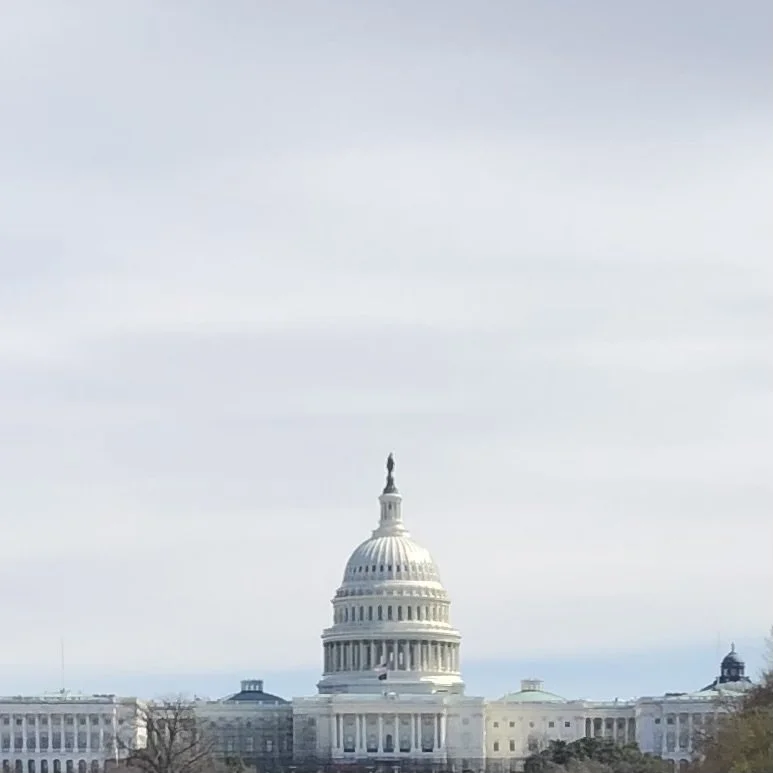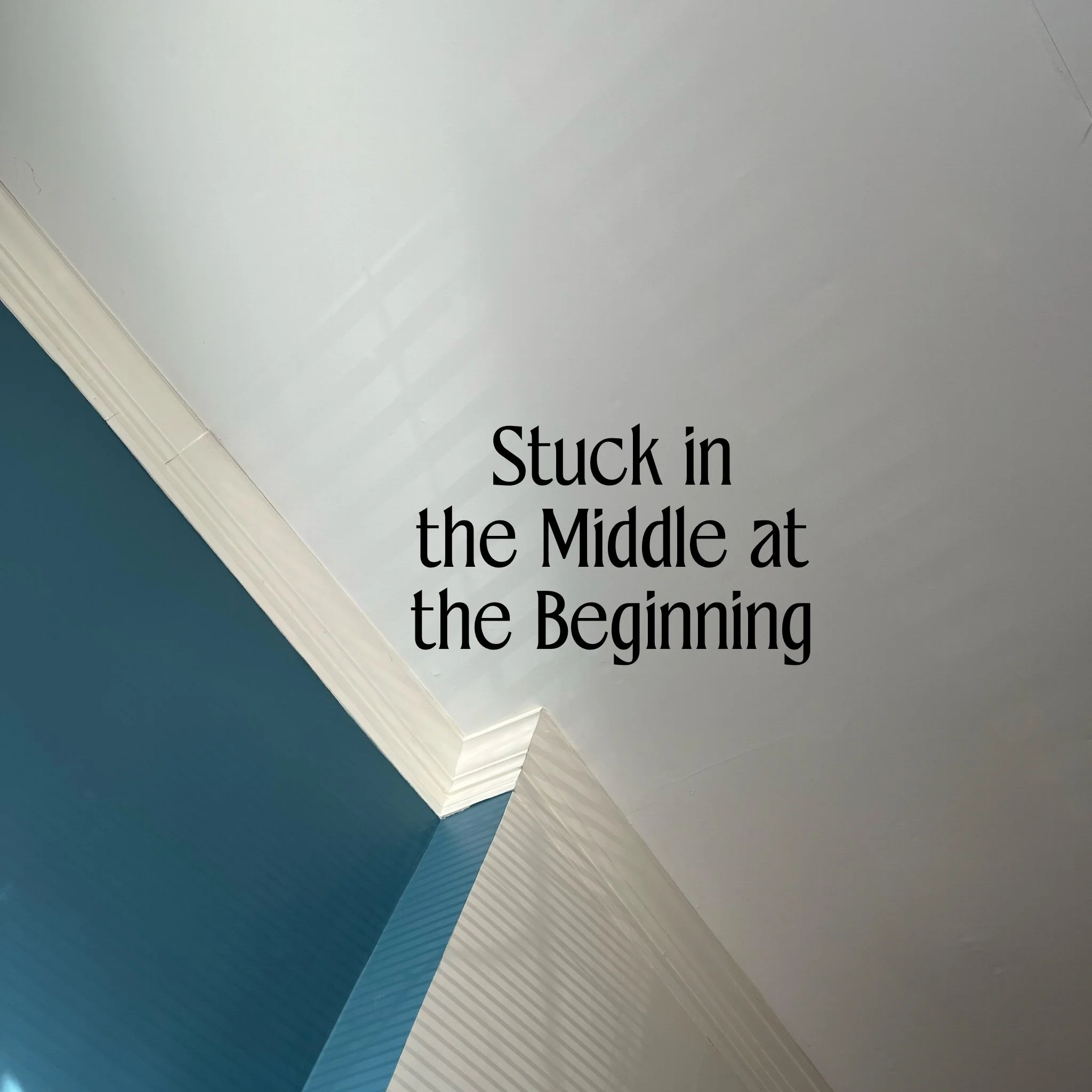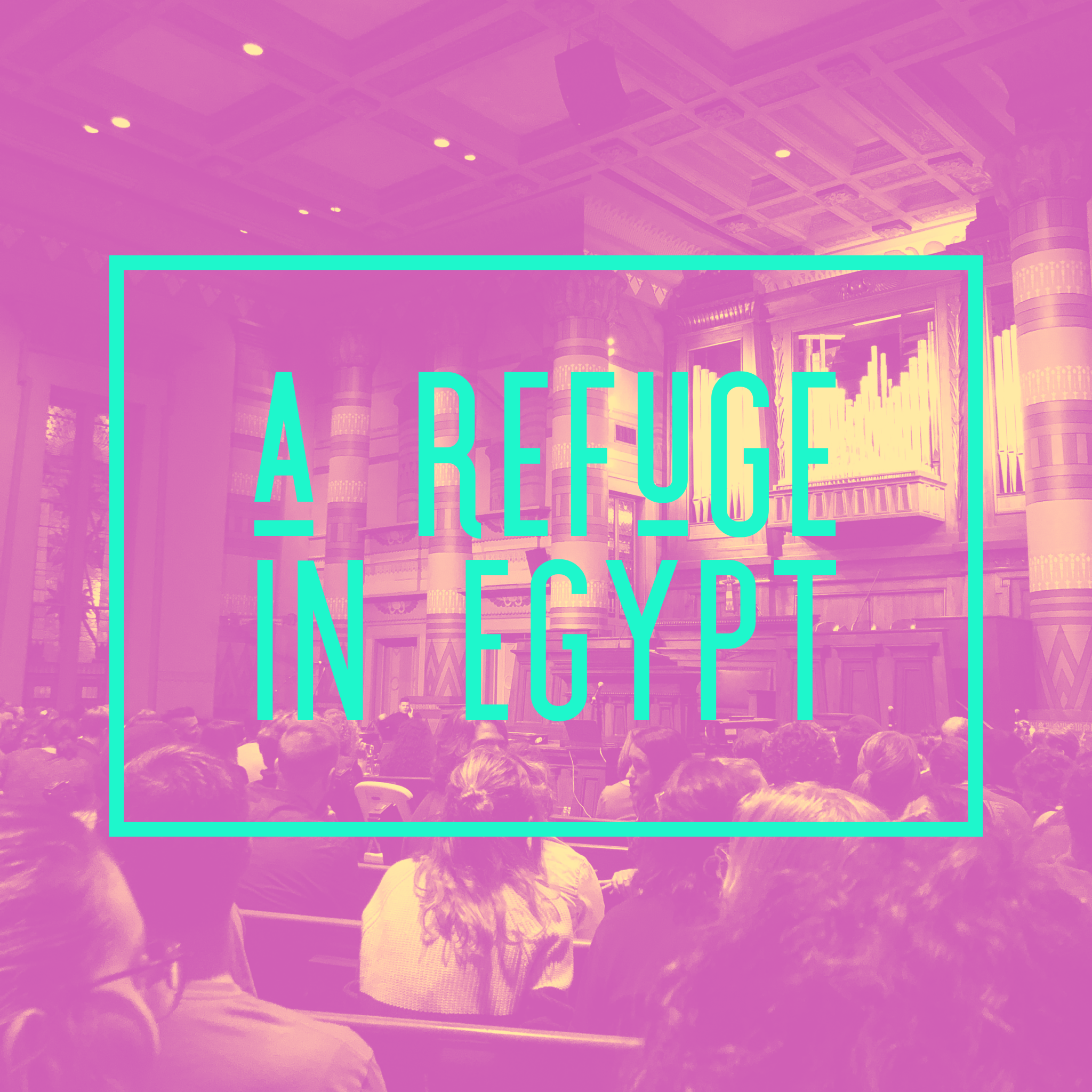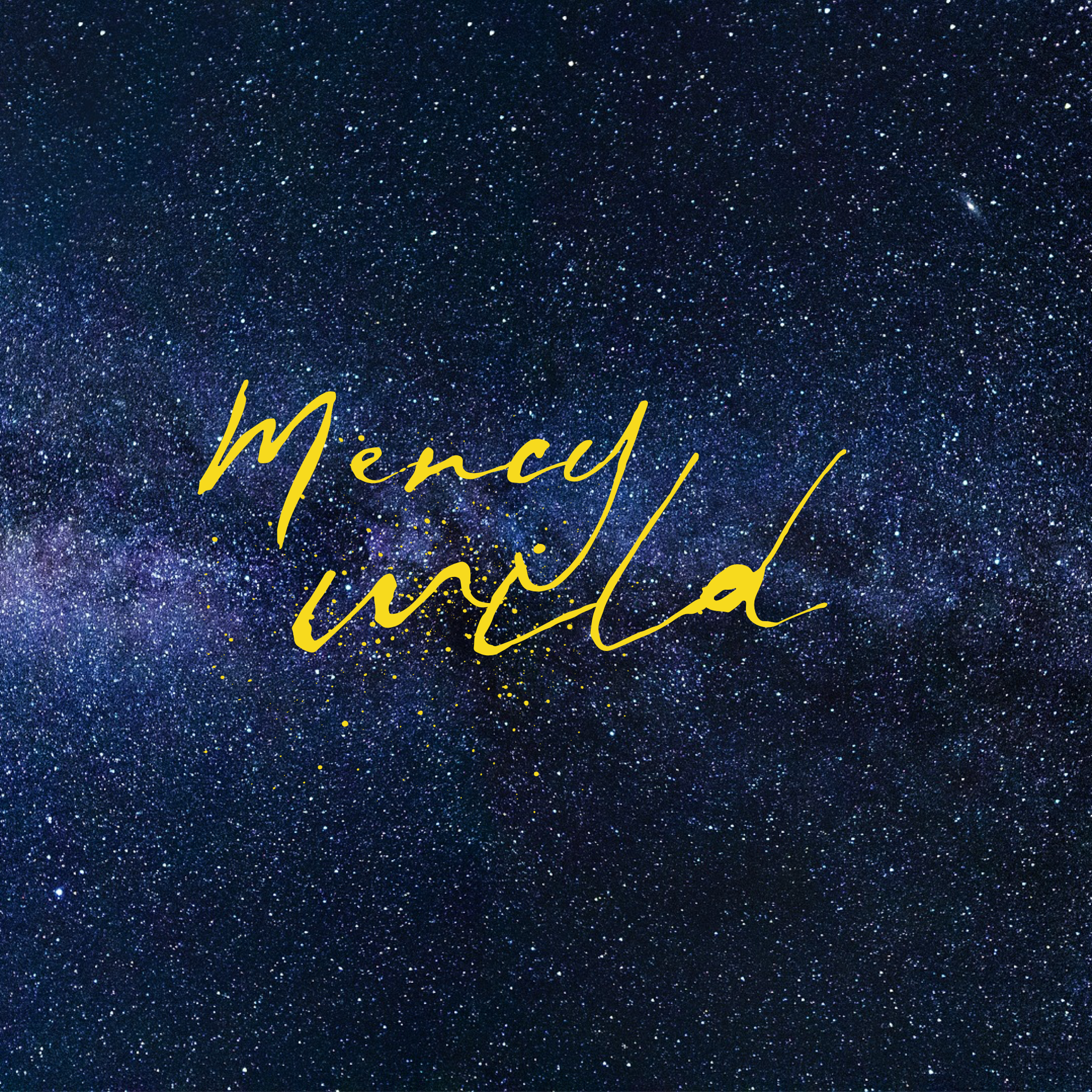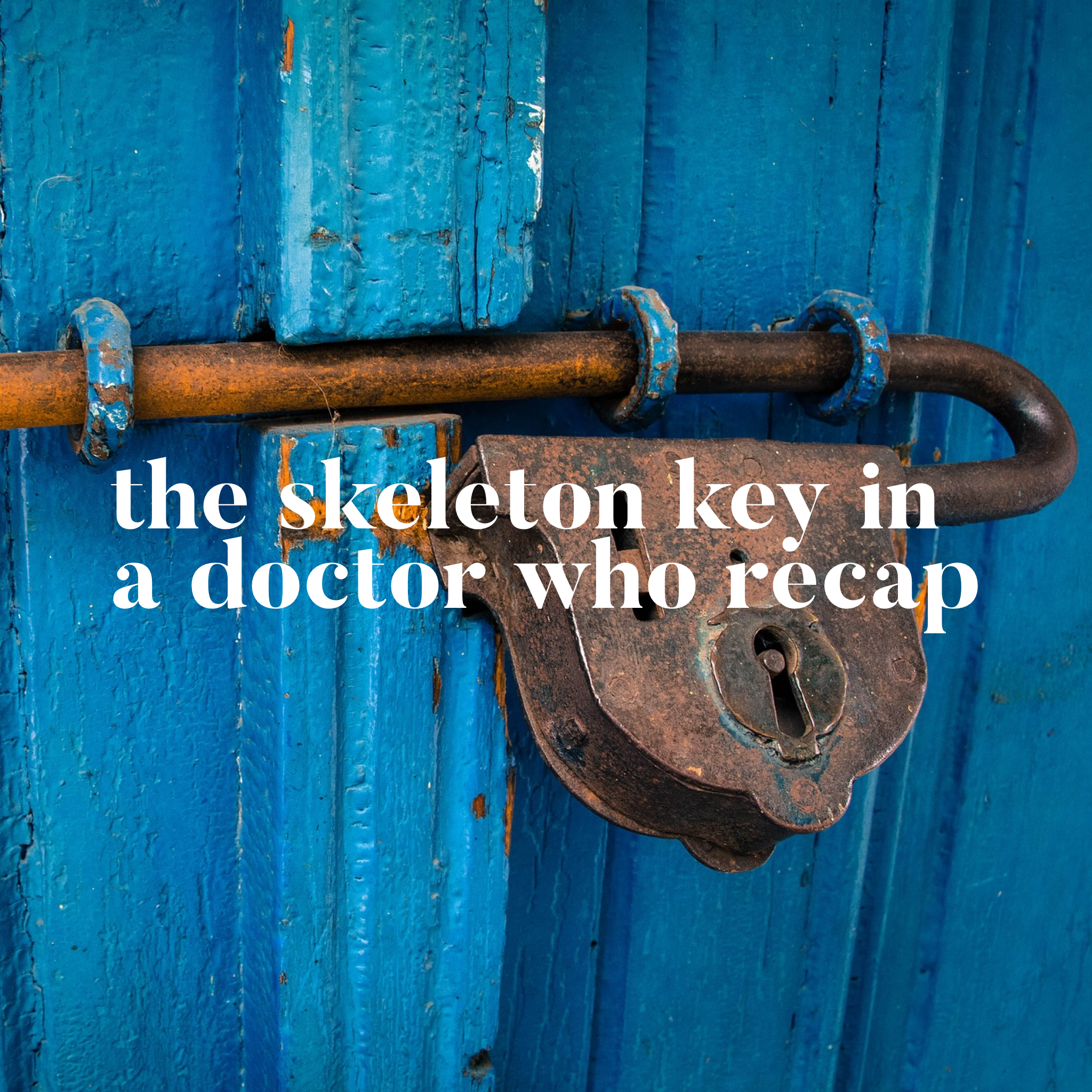A Refuge in Egypt
Per Wikipedia, Downtown Presbyterian Church in Nashville is designed in style of Egyptian Revival architecture. It is not a style you normally see especially for a church. But the good folks at Downtown Pres really went for it. The painted interiors, the oasis-in-the-desert stained glass windows, and even the crosses with Horus falcon-like wings evoked the banks of the northern Nile. As my brother and I sat in the pews staring at this church unlike any we’d ever seen, there was only one way that two kids born in the 1980s could compute it: “It’s like we’re in the desert world from Super Mario Bros. 3.”
The reason that my brother and I were crammed into a padded pew into downtown Nashville on a Friday night was we were attending The Liturgists Gathering, a two-day assemblage centered around the eponymous podcast on science, faith, and art. It was all kind of a head trip. I told Taylor as we walked back to our car the first night that I felt like I had just drank from a firehose. Not only was there myriad of interesting topics discussed, but the sheer diversity of the gathering—from conservative-leaning evangelicals to spiritually-inclined atheists to everything in-between—is unlike anything in which I have participated.
What is the common thread for such a motley assortment of people? As “Science” Mike McHargue, one of the podcast’s hosts, said on Saturday morning, it was rejection. Most of the people in that room had been turned away from or had to leave their church at some point. The reasons weren’t all the same nor was the intensity of that rejection. For some of us, we still felt comfortable in a church even if the type of church we attend is markedly different from our earlier homes. Yet for others that rejection was violent and there was no safe sanctuary to be found in a place of worship.
All of which made Saturday evening something that is going to stick with me. I heard people who had been rejected sing in a place that echoed their rejection. I witnesses people receive Eucharist when their history made that act incredibly complicated. I watched people who had been pushed away by churches receive the embrace of a hug in a house of worship. I saw people who felt like exiles and outcasts find home.
Egypt looms large throughout scripture, but there are two stories in which that country casts its largest shadow. In Exodus, it is a land of oppression that the Children of Israel long to escape. Yet during this time of year, we often hear the story in which that land was a place of refuge and shelter for the Mary, Joseph, and the baby Jesus. Their home became too dangerous a place to dwell. Thinking back a few weeks to that Saturday night in that extremely Egyptian sanctuary, I cannot help but think of it as being a refuge for many whose homes had become houses of heartbreak.
Tightropes were walked to ensure that the singing, the bread, the cup, and the embrace didn’t reopen old wounds. And some old wounds undoubtedly were still reopened. Yet to see people who had faced a measure of rejection—to be one of those people—be embraced reminded me of what the community of Jesus is supposed to be about.
A house that welcomes rather than casts out. A room big enough for all the questions. A table long enough around which many can gather. Maybe these people didn’t expect to end up Egypt. The road there was a hard one to walk. But I’m glad there was at least some refuge found in that place. Again, it is what the church ought to be about.

